To provide the best experiences, we use technologies like cookies to store and/or access device information. Consenting to these technologies will allow us to process data such as browsing behaviour or unique IDs on this site. Not consenting or withdrawing consent, may adversely affect certain features and functions.
The technical storage or access is strictly necessary for the legitimate purpose of enabling the use of a specific service explicitly requested by the subscriber or user, or for the sole purpose of carrying out the transmission of a communication over an electronic communications network.
The technical storage or access is necessary for the legitimate purpose of storing preferences that are not requested by the subscriber or user.
The technical storage or access that is used exclusively for statistical purposes.
The technical storage or access that is used exclusively for anonymous statistical purposes. Without a subpoena, voluntary compliance on the part of your Internet Service Provider, or additional records from a third party, information stored or retrieved for this purpose alone cannot usually be used to identify you.
The technical storage or access is required to create user profiles to send advertising, or to track the user on a website or across several websites for similar marketing purposes.
 Skillsoft (NYSE: SKIL), has released new research exploring the current state of women in tech including the challenges and barriers to inclusion they face and how employers can better support them. Findings from Skillsoft’s 2021 Women in Tech Report claim that while female employees have gained hard-fought ground in the workplace, a large gap still exists when it comes to opportunities for professional development and career advancement. More →
Skillsoft (NYSE: SKIL), has released new research exploring the current state of women in tech including the challenges and barriers to inclusion they face and how employers can better support them. Findings from Skillsoft’s 2021 Women in Tech Report claim that while female employees have gained hard-fought ground in the workplace, a large gap still exists when it comes to opportunities for professional development and career advancement. More →





 There is a classic saying which has shaped our job choices for years: “Do what you love, the money will follow.” New research suggests this may be true, although not in the way it was originally conceived. The typical logic train has suggested job interest shapes satisfaction and, in turn, satisfaction may drive better performance. However, new
There is a classic saying which has shaped our job choices for years: “Do what you love, the money will follow.” New research suggests this may be true, although not in the way it was originally conceived. The typical logic train has suggested job interest shapes satisfaction and, in turn, satisfaction may drive better performance. However, new 
 A new research report released by
A new research report released by 
 The
The 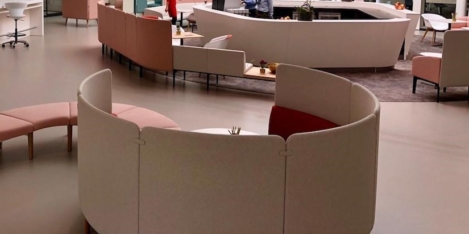
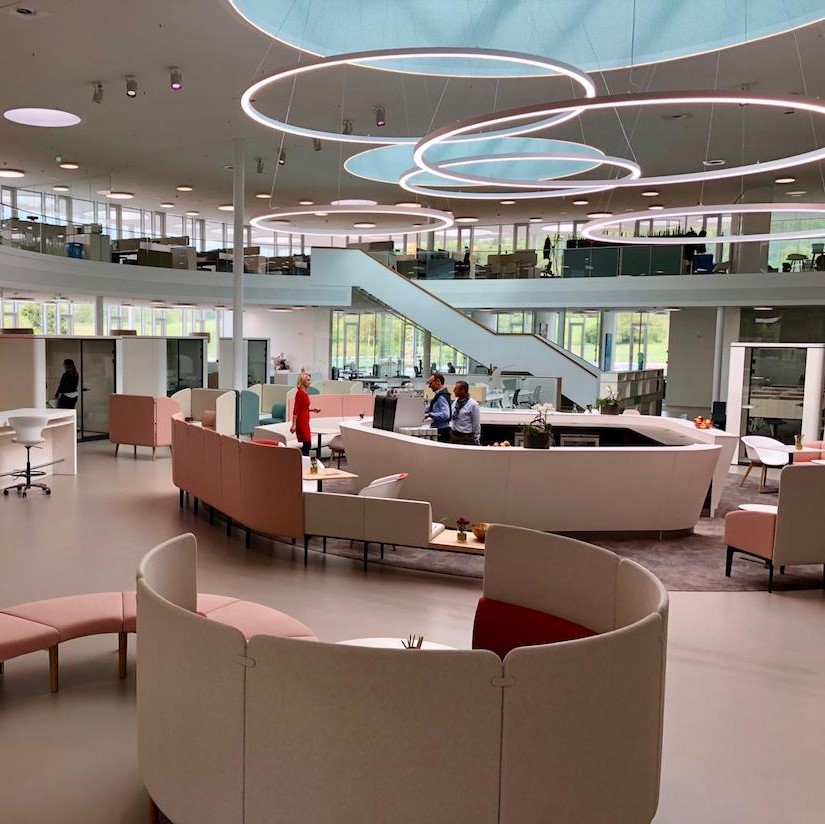
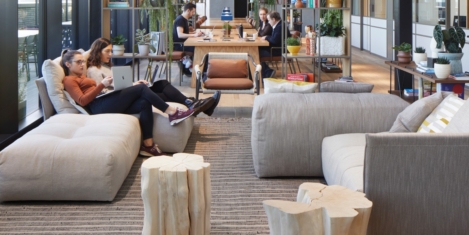
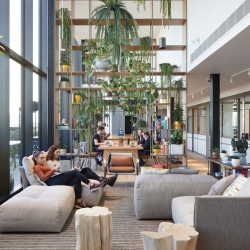

 Throughout the pandemic, we have had to constantly adapt to new models of work and a new working culture. And what makes this process even more challenging is that we’re having to work against a backdrop of uncertainty at every turn. Business leaders that are emerging from the pandemic successfully have been clear on priorities throughout and know how to balance them. This is certainly easier said than done but is integral to leadership as we enter the next chapter of workplace transformation.
Throughout the pandemic, we have had to constantly adapt to new models of work and a new working culture. And what makes this process even more challenging is that we’re having to work against a backdrop of uncertainty at every turn. Business leaders that are emerging from the pandemic successfully have been clear on priorities throughout and know how to balance them. This is certainly easier said than done but is integral to leadership as we enter the next chapter of workplace transformation. 
 The World Green Building Council (
The World Green Building Council (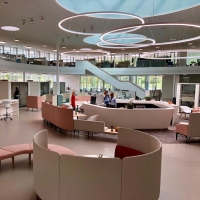 There’s no one-size-fits-all approach to work. Every business will need to test, iterate, and refine approaches depending on their team’s needs. However, after the once in a generation changes in the last year, and all of the talk about the office of the future, setting a digital-first baseline is a key first step. This means embracing a mindset shift to thinking of the physical office not as the HQ, but as just one tool at your organisation’s disposal. The HQ, meanwhile, becomes digital.
There’s no one-size-fits-all approach to work. Every business will need to test, iterate, and refine approaches depending on their team’s needs. However, after the once in a generation changes in the last year, and all of the talk about the office of the future, setting a digital-first baseline is a key first step. This means embracing a mindset shift to thinking of the physical office not as the HQ, but as just one tool at your organisation’s disposal. The HQ, meanwhile, becomes digital. 
 With the vast majority (86 percent) of UK businesses planning to offer employees greater flexibility around where they work, leaders are focused on ensuring employees feel included regardless of their location, according to new research from
With the vast majority (86 percent) of UK businesses planning to offer employees greater flexibility around where they work, leaders are focused on ensuring employees feel included regardless of their location, according to new research from 
 The
The 









December 1, 2021
Being a compassionate leader is good for business
by Paul Hargreaves • Business, Comment, Wellbeing